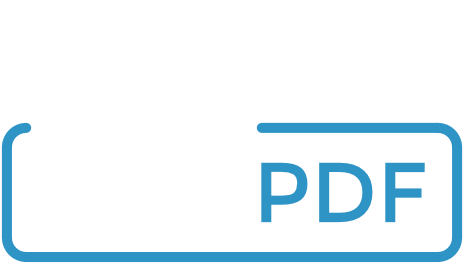Medicines and Meals – Food for Thought?
- June 24, 2024
- The timing of medicine administration in relation to food is not important for most medicines. In general, patients should be advised to take their medicines consistently at the same time with respect to meals.
- Adherence to medicines is a primary determinant of treatment success.
- Poor adherence is common, especially with complex medicine regimens.
- Increasing complexity by restricting patients to administration times in relation to food may adversely affect their adherence, and instructions to take medicines on an empty stomach may be particularly problematic.
- Limit advice about food to those few medicines for which any food interactions are clinically relevant, or where the timing of food significantly impacts the incidence of adverse reactions.
- There is not good evidence that taking a medicine with food reduces gastrointestinal adverse effects, but this could be offered as an option if these effects are troublesome.
- Specific recommendations for dosing in relation to food are often included in prescribing and consumer information. There can be discrepancies in the advice given by different sources, often due to information not being updated as new evidence becomes available.
| Factors to consider | Clinically relevant examples | Advice |
| Pharmacokinetic | ||
| Absorption
Is it significantly changed by food? |
Food decreases absorption
|
Take at least 30 minutes before food |
Food increases absorption
|
Take with food | |
Food decreases or increases absorption
|
Take at the same time in relation to food | |
Calcium decreases absorption
|
Don’t take with milk or yoghurt | |
| Metabolism
Is it significantly changed by food? |
Grapefruit inhibits first pass CYP3A gut metabolism
|
Avoid grapefruit and its juice |
| Pharmacodynamic | ||
| Does food change the therapeutic effect of the medicine?
|
Foods high in vitamin K e.g. leafy green vegetables can reduce INR
|
Avoid large, sudden changes in diet
Abstinence is not required |
Licorice can have mineralocorticoid activity (fluid retention, hypertension, hypokalaemia)
|
Avoid large amounts of licorice (>20 g/day) | |
Food increases efficacy
|
Take with food | |
Food decreases efficacy
|
Take after food to ensure maximum contact time | |
| Does the medicine change the effect of food? | Tyramine-containing foods can cause hypertensive crisis
|
Avoid tyramine-containing foods e.g. aged cheese, meat or yeast extracts, pickled fish, broad bean pods, sauerkraut, salami, protein drinks |
| Adverse effects | ||
| Are they reduced by food? | Food reduces risk of hypoglycaemia
|
Take with food |
Food may reduce gastrointestinal upset
|
Try taking with food if gastrointestinal adverse effects occur | |

 Download PDF
Download PDF